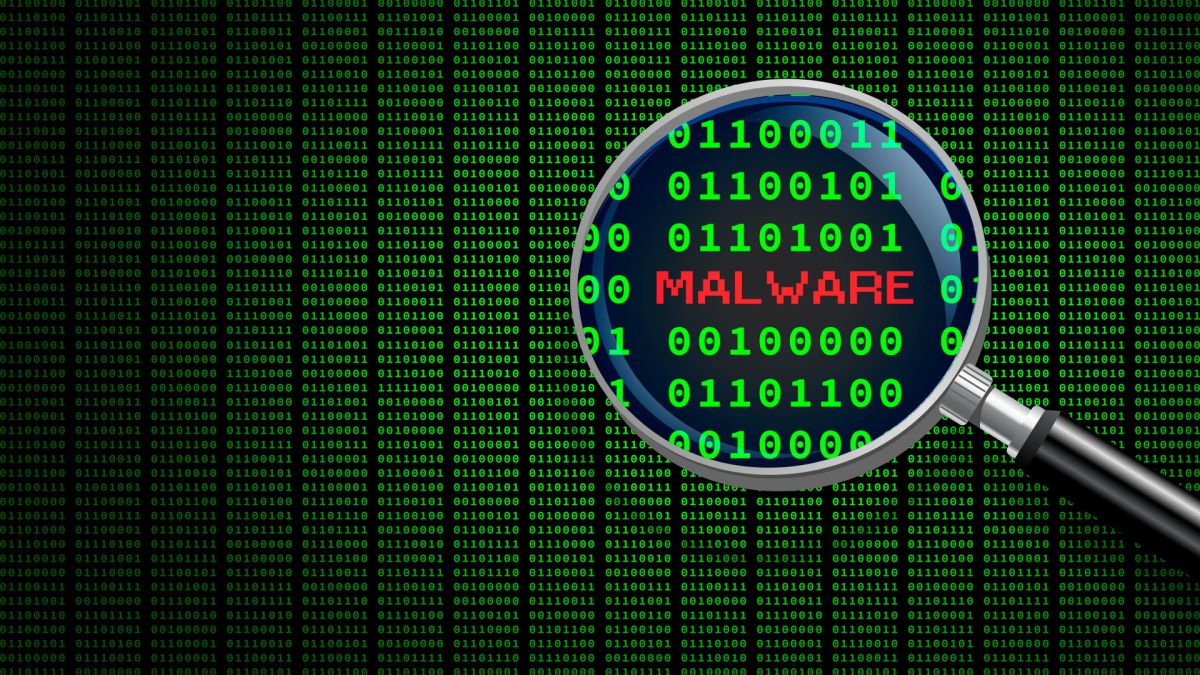
Cybersecurity researchers from Trustwave SpiderLabs have found a brand new pressure of malware that targets sufferer’s cryptocurrency wallets.
Dubbed Rilide, the malware poses as an extension for Chromium-based browsers reminiscent of Google Chrome, Microsoft Edge, Courageous, or Opera.
The malware poses as a respectable extension for Google Drive, and may individuals set up it on their endpoints, they’d give the malware the flexibility to observe their shopping historical past, seize screenshots, and even inject malicious scripts that may pull all of their cash present in cryptocurrency exchanges.
Cast dialogs
What makes this malware distinctive is its capability to make the most of “solid dialogs” to trick individuals into making a gift of their multi-factor authentication keys, after which pull cryptos whereas working within the background. If the malware spots that the consumer has an account on a cryptocurrency trade, it should attempt to make a withdrawal request within the background, whereas presenting the consumer with a solid machine authentication dialog, to get the 2FA code.
Often, cryptocurrency exchanges would additionally notify the customers of withdrawal requests through electronic mail, which can also be one thing this malware tries to cover. These electronic mail confirmations get changed “on the fly”, the researchers mentioned, so long as the consumer enters the mailbox utilizing the identical internet browser. The request electronic mail is changed with a tool authorization request, tricking the sufferer into making a gift of the 2FA code.
For the researchers, the Rilide stealer is a “prime instance” of how malicious browser extensions are getting extra refined, and extra harmful. Each companies and customers want to stay vigilant, in a time when an excessive amount of data can boring our senses, the researchers conclude. Not all identities (opens in new tab) on the web are respectable:
“Informational overload can boring our capability to interpret details precisely and make us extra weak to phishing makes an attempt. It is very important stay vigilant and skeptical when receiving unsolicited emails or messages, and to by no means assume that any content material on the Web is protected, even when it seems to be.”
